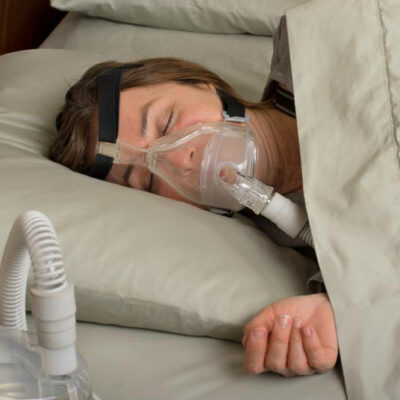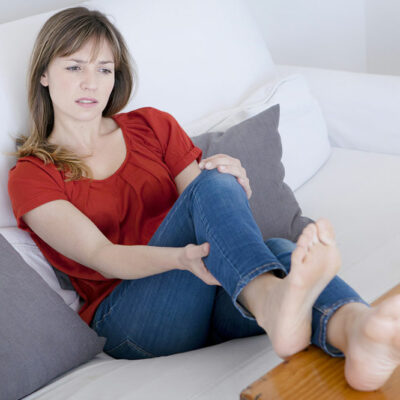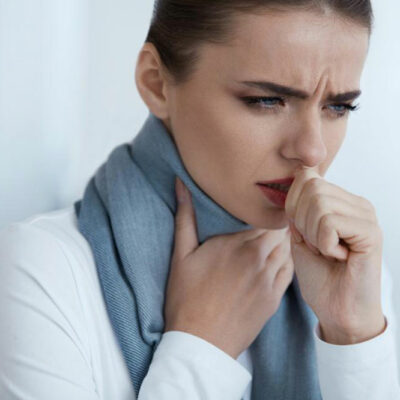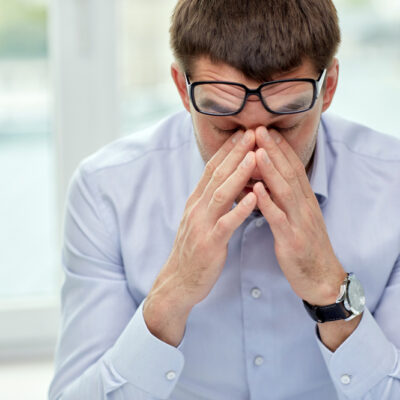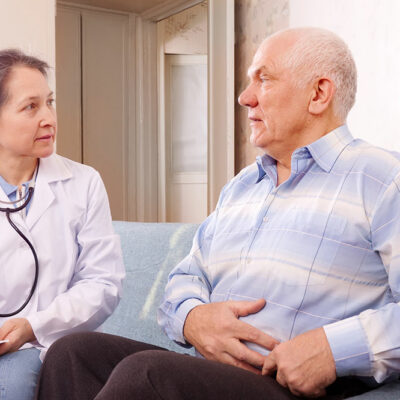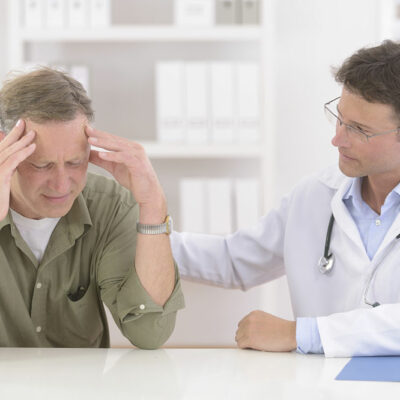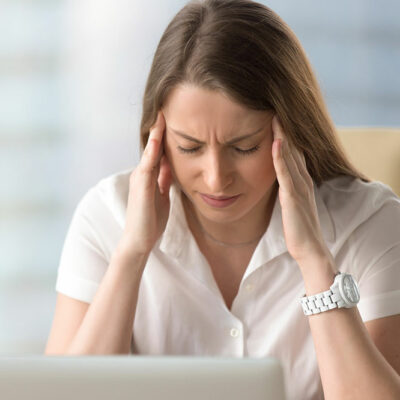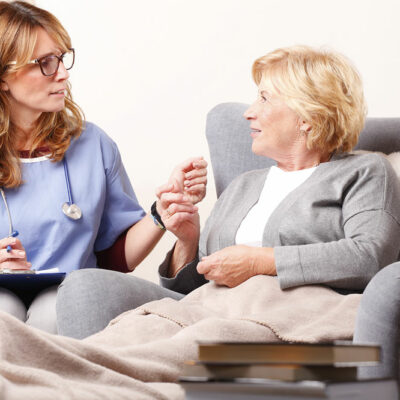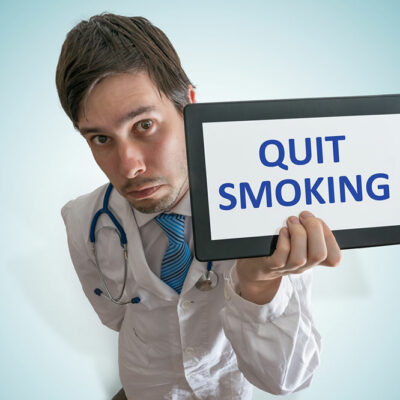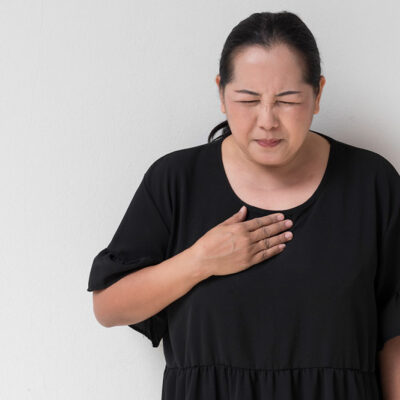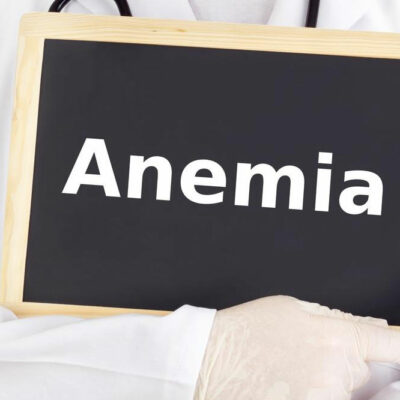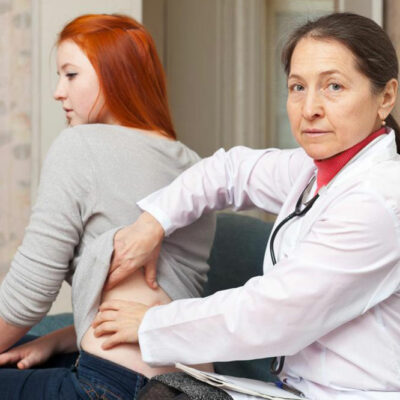
Health
The Stages and Treatments for Kidney Cancer
When cancer starts in the kidneys, it is referred to as kidney or renal cancer. The most common type of this cancer found in adults is renal cell carcinoma. The treatment for the condition is usually decided based on its stage, and the patient’s ability to withstand certain procedures. To know more about the disease, here are the crucial aspects of the stages and treatments for kidney cancer. Stages of kidney cancer The stages of kidney cancer usually help in determining the progression of the condition. The earlier the stage the better the chances are of getting cured. Given below is more information to understand the stages and treatment procedures for kidney cancer. Stage I of kidney cancer This is the stage when the condition is the least aggressive. At this point, the chances of 5-year survival are the highest. The cancer tumor is the smallest at stage I and it appears to be limited to the kidneys. It hasn’t spread to other parts of the body yet. Patients at this stage will have to get the tumor removed and, in most cases, no follow-up treatment will be required. The patient is highly likely to recover from the condition after receiving the treatment.
Read More 